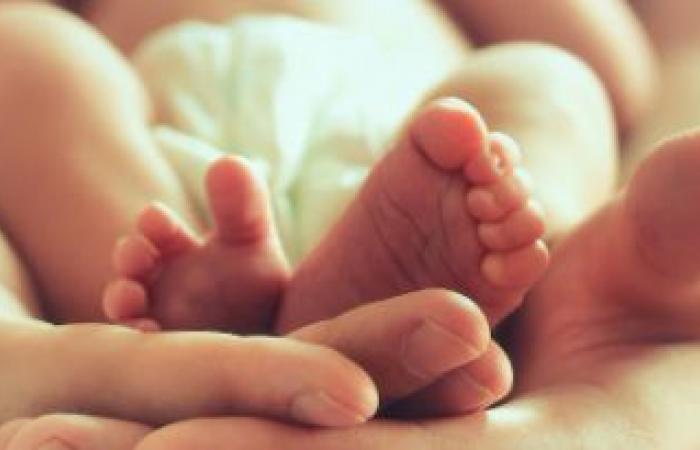Two 55-year-old Britons who were allegedly switched at birth have decided to sue the UK’s healthcare system after discovering the “appalling mistake” through a DNA test.
“I always felt like an imposter. There was no similarity, neither in appearance nor in character traits. I said to myself: ‘yes, I’m adopted’,” one of the two women, nicknamed Claire to protect her identity, testified to the BBC on Saturday.
It all started in February 2021, when his biological brother would have completed a DNA test received for Christmas, revealing to him the name of an unknown person instead of that of the sister he had grown up with, called Jessica for the purposes of the article.
Not wanting to worry his own mother before having clarified the matter, he would have contacted the stranger, who had carried out the same test two years earlier after having received it as a gift from her son, realizing that she had nothing in common with her own family, according to BBC.
While talking, they discovered that Claire and Jessica were born at the same hospital, the West Midlands Hospital in England, only a few hours apart: one at 10:20 p.m., on a snowy evening, and the other a few hours later, the next day.
“Everything is false”
“My birth certificate is wrong, my passport, my driving license, everything is wrong,” Claire said.
Mistakes like this are very rare, especially since, since the 1980s, newborns have been given radio frequency identification (RFID) tags at birth to track their location, according to the BBC.
But it was by meeting her biological family that the doubts in Claire’s mind would have been confirmed, while, for the first time, she would have felt at home.
“I looked [ma mère biologique] and I said, “Oh my God, I have your eyes!” We have the same eyes. Oh my God, I look like someone!” she continued, while her mother was moved to see that the woman “looked like I did in my youth”.
Where the problem lies is that Claire would not have had an easy childhood, contrary to what her mother wanted for her, and would never have been able to meet her already deceased biological father.
“My parents separated when I was very young. I don’t remember them being together. I grew up in absolute poverty, homeless, often hungry, and all that entails. It was a very difficult childhood,” she told the British media.
Making up for lost time
The hardest part, according to her, would have been breaking the news to the parents who raised her, promising that it would not change anything in their relationship. Claire’s adoptive mother also died earlier this year.
But for Jessica, the blow was harder to absorb, she who would have stopped calling her adoptive mother “mom”, even if it would make no difference for the mother who hammered to the British media that Jessica “is always [sa] daughter and she always will be.
At the same time, Claire and her biological mother would try to make up for the time that was taken from them.
For its part, the national health system (NHS) would have recognized its legal responsibility in this story by describing the whole thing as a “terrible error”, while steps would be underway to establish the amount of compensation for this “case unique and complex,” according to the BBC.






